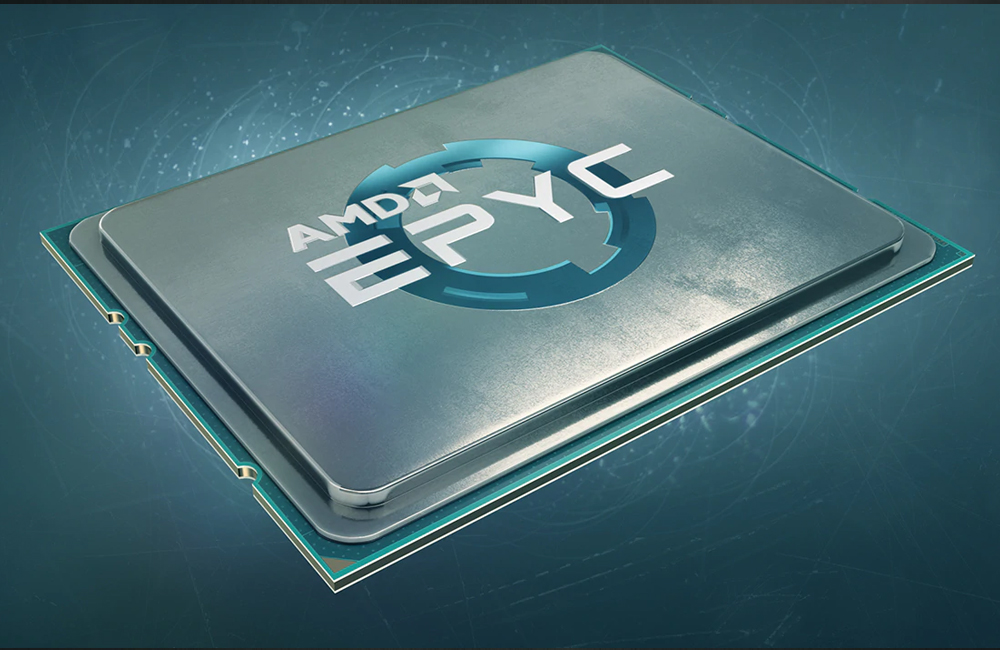According to Lynx Equity Research, there are rumors that Google is considering migrating its cloud data center to AMD's EPYC server platform, which was once the exclusive partner of Intel's early server chips.

Don't forget this: the data center is a market that AMD and Intel are vying for; the market is much more profitable than desktop and notebook products. AMD is about to release the world's first 7nm x86 data center CPU, the next-generation EPYC product line based on its recently announced Zen 2 CPU architecture.
Intel's major defeat
According to financial media Benzinga, analyst KC Rajkumar said that Google has recently become increasingly dissatisfied with Intel's server CPU. Since Google's Project Zero security team was one of the first research organizations to discover the flaws of Meltdown and Spectre CPU, who can blame it?
Google engineers had previously disagreed with Intel's Management Engine (ME), the computer subsystem in the Intel CPU chipset, and they began to ban the use of ME for some servers. Over the years, many privacy activists have been warning that Intel's ME may be used as a backdoor by unscrupulous people. In the past few years, Intel's ME has also been found to have many vulnerabilities.
In addition, Google was one of the first companies to disable Intel Hyper-Threading (HT) technology on their Chromebooks after the disclosure of the MDS vulnerability.
Lynx Equity Research's report also pointed out that Google is using AMD EPYC server CPU to build its own server board, which will be a major change compared to Google's almost all use of Intel server CPU. In addition, Google recently began using AMD GPUs for its Stadia game streaming services.
The relationship between Google and Intel has come to an end?
It’s not official for Google and Intel to part ways; even if Google announces a partnership with AMD, it doesn’t necessarily mean that Google will use AMD CPUs all. Google is also unlikely to abandon every Intel CPU used from its large data center. These chips are likely to be gradually replaced after the end of their useful life.
However, even if Google only considers AMD, it is a big threat to Intel's dominant position in the server market. If Google can consider using AMD server chips, other companies may follow suit.
Just like the "Wintel" relationship between Microsoft and Intel in the past, Google has a close relationship with Intel in the past decade or so. In addition to its servers using only Intel CPUs, Intel's former CEO Paul Otellini has been a member of Google's board of directors for many years.
In addition, although the Chrome OS is the only mainstream operating system that can claim to be architecture-independent, most Google Chromebooks basically avoid using Arm or AMD chips.
Even Android isn't really architecture-independent, because a large part of the platform's applications are written in native code for Arm. That's why when people play games on Intel-equipped devices (usually written in native code instead of in Java), Intel's Atom CPU quickly drains the smartphone's battery.
In the past few years, Google has begun to extend its olive branch to other chip suppliers, such as the use of NVIDIA chips for machine learning chips and the use of AMD chips for its new gaming platform. Google has also developed a dedicated machine learning chip for training neural network models and reasoning.


